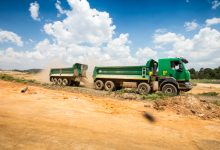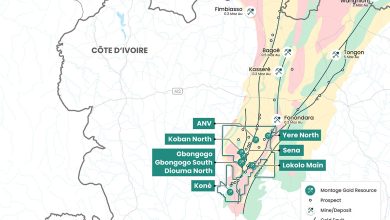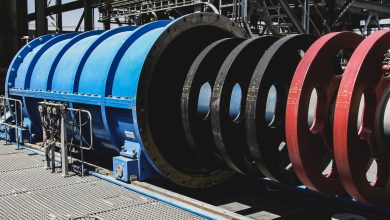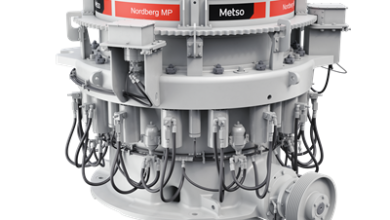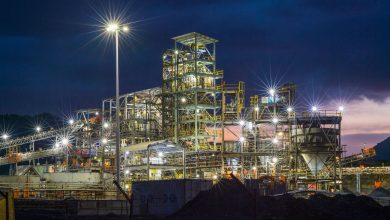WearCheck launches advanced thermography course

Condition monitoring specialist company, WearCheck, recently launched a new training course – InfraFocus – to upskill users of thermographic cameras.
The company’s ARC (asset reliability care) technicians developed the two-daycourse for customers, highlighting the best ways to capture thermographic imagery for use in a condition monitoring programme.
Operations manager for the ARC team, Annemie Willer, discusses the merits of the course, which is also mandatory for all WearCheck’s ARC technicians. ‘Our aim is to help clients get the most benefit from thermography with improved accuracy. ‘In thermography, a thermal camera captures and creates an image (thermogram) of an object by using infrared radiation emitted from the object – this is an example of infrared imaging science. The amount of radiation emitted by an object increases with temperature, therefore, thermography allows variations in temperature to be seen. When viewed through a thermal imaging camera, warm objects stand out well against cooler backgrounds.
‘Thermography highlights machinery components that are outside of the “normal” operating temperature, indicating a potential problem with the machine. Capturing the correct details in a series of images over time is critical to gain the best insight into a machine’s condition, using thermography.’
The specialised InfraFocus course was developed in partnership with renowned photographer Francki Burger, and addresses crucial aspects that are often overlooked in traditional thermography training: focus, composition, and angle.
Willer continues, ‘In thermography, the precision of thermal images is paramount for accurate diagnostics. Meticulously ensuring that the focus is good ensures that the thermal images are clear and detailed, allowing for precise identification of potential issues. Composition and angle, on the other hand, influence the contextual accuracy of the images, ensuring they capture the relevant thermal anomalies in a consistent manner.
‘Without proper focus, even the best thermographic equipment cannot deliver reliable results. Composition and angle further ensure that each image provides a true representation of the thermal profile of the equipment being monitored. This is especially critical when comparing images over time to detect changes or trends.
The role of repeatability in data accuracy
‘Repeatability in thermographic surveys is essential for accurate data analysis. Consistent imaging practices allow for reliable comparison of thermal data across different time periods, enabling the detection of gradual changes that might indicate developing faults. Inconsistent imaging, with variations in focus, composition, or angle, can lead to misinterpretations and incorrect diagnostics, potentially compromising the entire condition monitoring programme.
‘Why did WearCheck develop this course? Traditional thermography courses, while comprehensive, often lack sufficient practical training in these critical areas. Many of these courses are designed for individuals with advanced technical backgrounds, leaving a gap for artisans and technicians who may not have the same level of formal education or familiarity with technical terminology.’
Addressing this gap, WearCheck’s ARC team developed the focused photography course tailored specifically for thermographers.
‘Francki Burger’s expertise in photography has been instrumental in transforming our Thermographers’ approach to capturing thermal images. Her experience in various photography domains, where precision and consistency are critical, has provided invaluable insights into the importance of focus, composition, and angle.
‘Since implementing this specialised training, we have observed a significant improvement in the quality and consistency of thermal images captured by our in- house thermographers and our clients. This improvement has enhanced the repeatability of our data, leading to more accurate diagnostics and more reliable condition monitoring reports.
‘As we continue to develop and employ machine learning algorithms to expedite our analysis processes, the consistent quality of our thermal images will be crucial. The enhanced repeatability will ensure that our algorithms can interpret the data accurately, leading to quicker and more precise fault detection.
The two-day course can be scheduled on any date that suits the customer, and is run on site at a customer’s premises in any country, or at WearCheck’s offices. Customers in Mozambique and South Africa have already completed the course.
To make a booking or for more information and pricing, please contact Louis Peacock, WearCheck’s technical and training manager, at Louis@wearcheckrs.com.


